Read Our Blog to Get the Newest Research Updates

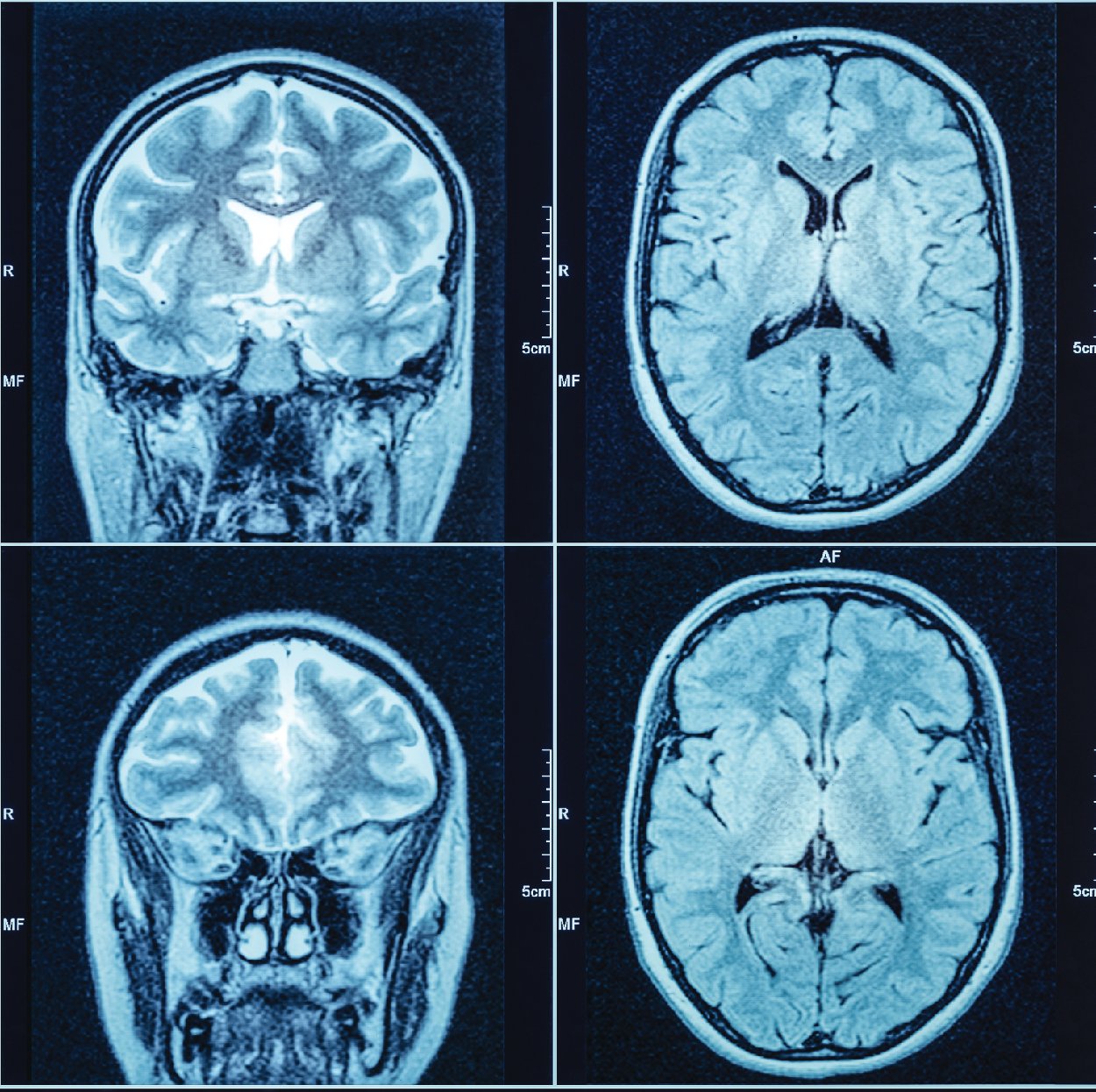
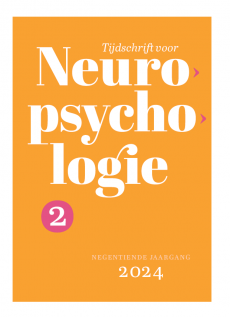
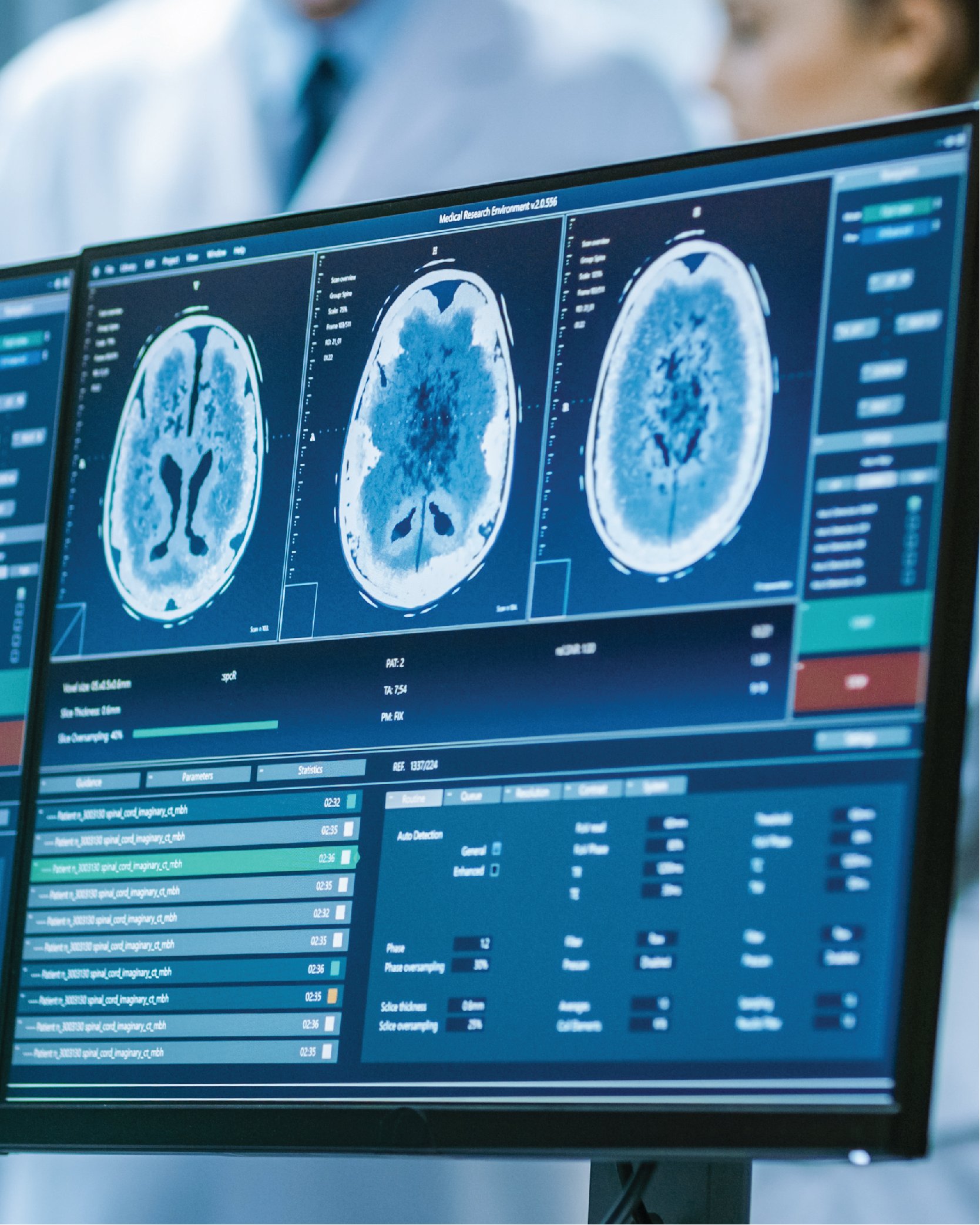
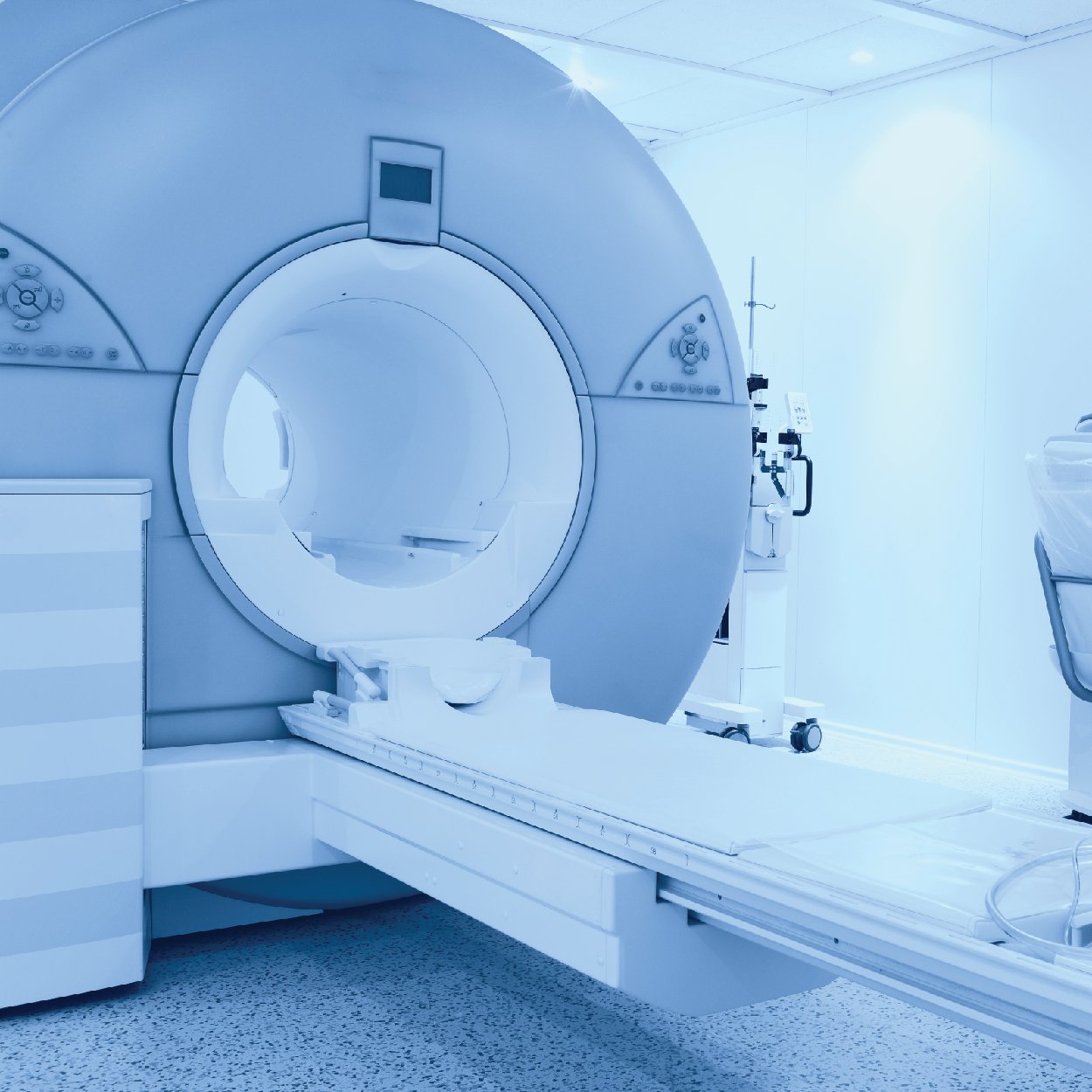
The symptom burden of participants was significantly lower after treatment, a meaningful reduction was seen in 77% of the participants. In addition, there was a decrease in self-reported anxiety, depression, fatigue and sleep problems. Improvements were also observed in vestibular-ocular functioning, neurocognitive functioning and participation.





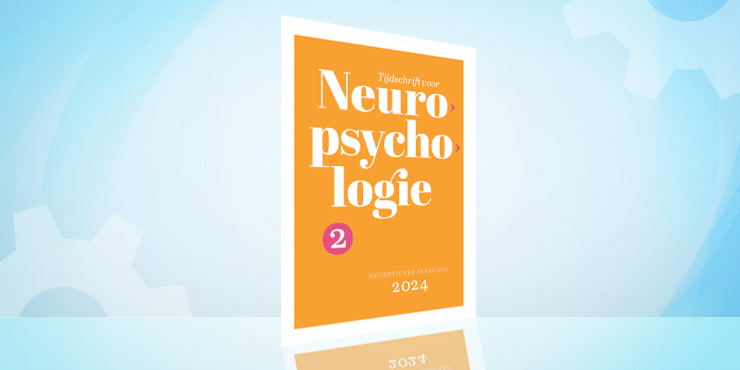
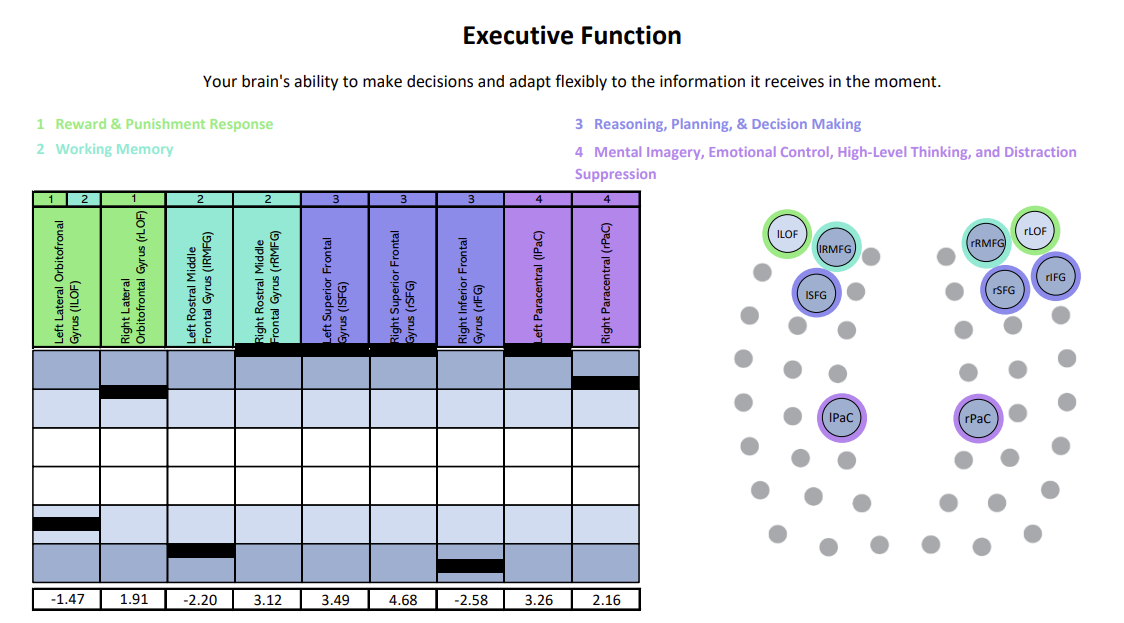

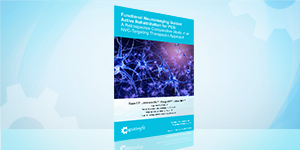
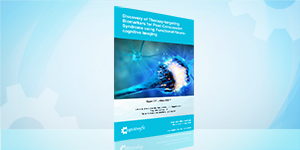
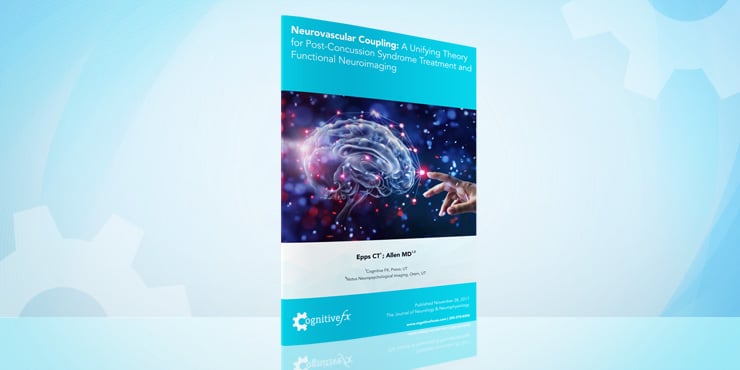
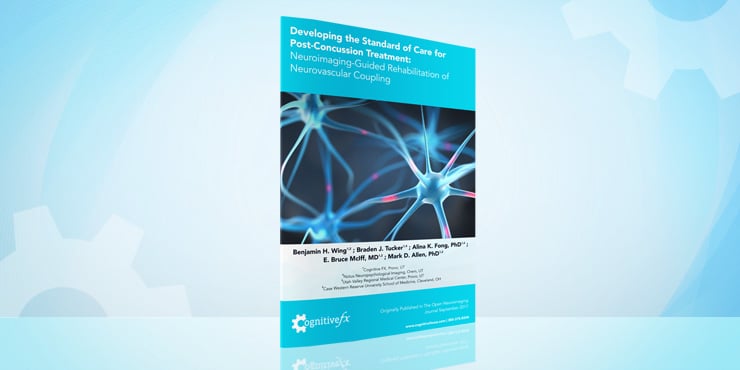
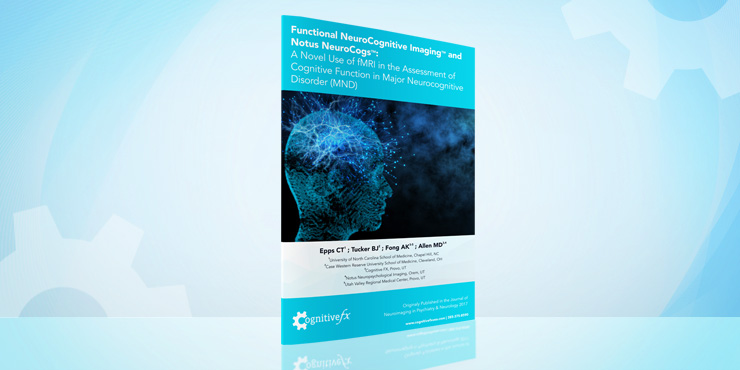
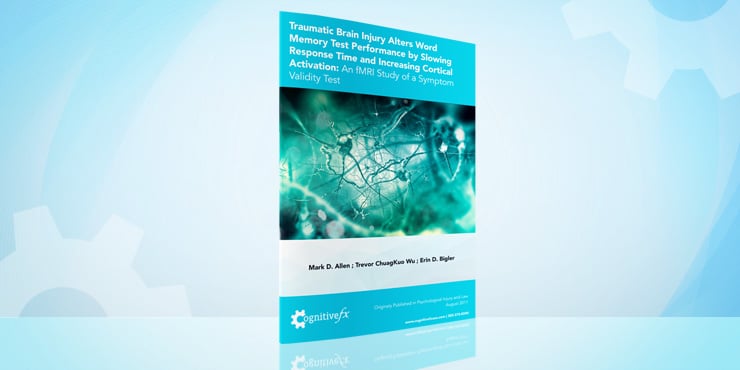
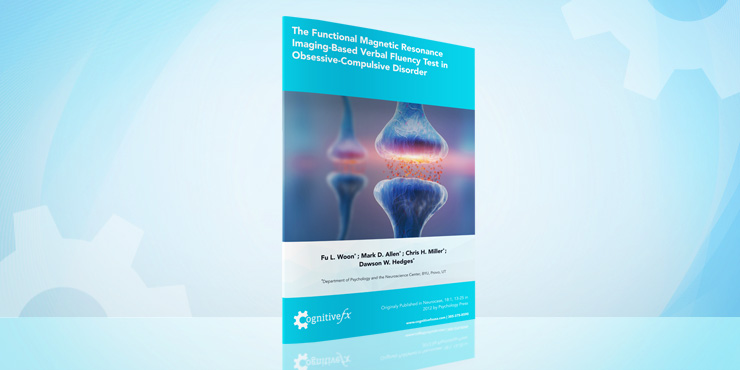
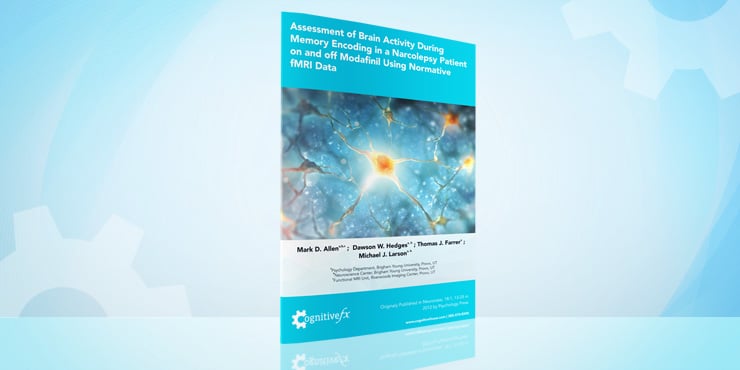
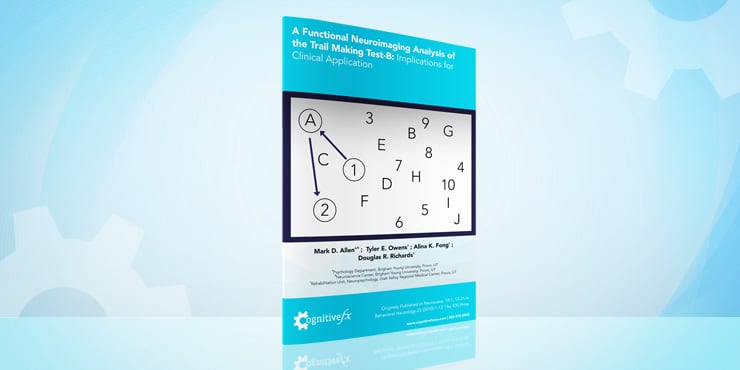
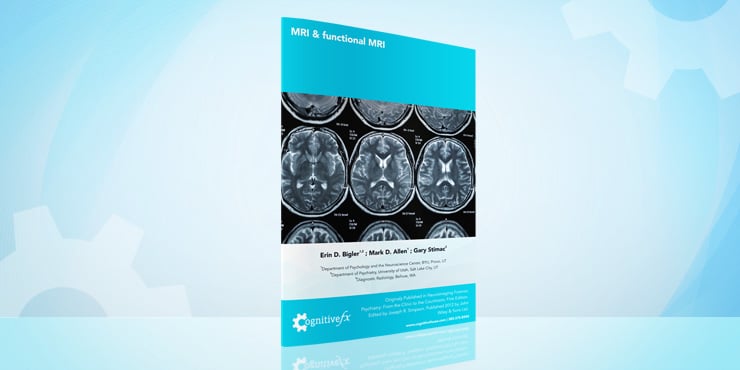
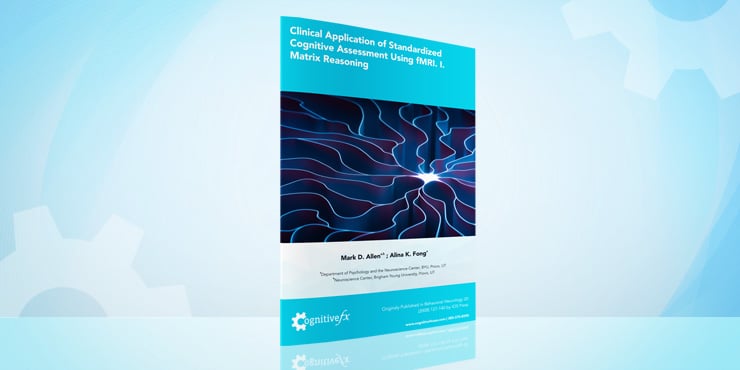
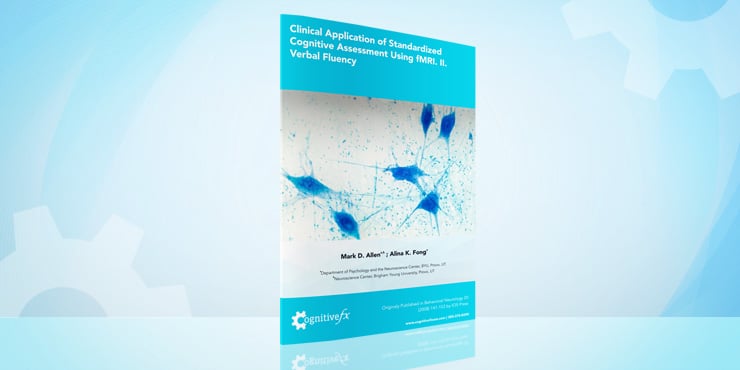
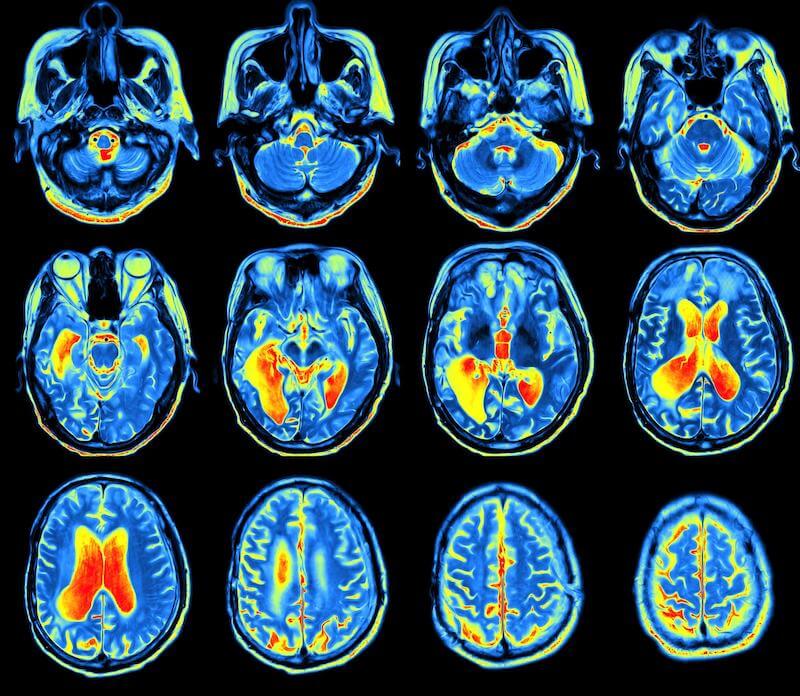
Dr. Allen and Dr. Fong began research together over a decade ago in search of a way to improve and standardize the functional MRI. Their research efforts in imaging provided a way to see changes in the brain after a concussion -- a novel discovery. This discovery led them to focus their research efforts on concussion, post-concussion syndrome or symptoms, and its treatment. Without this discovery, we would not be where we are today.




